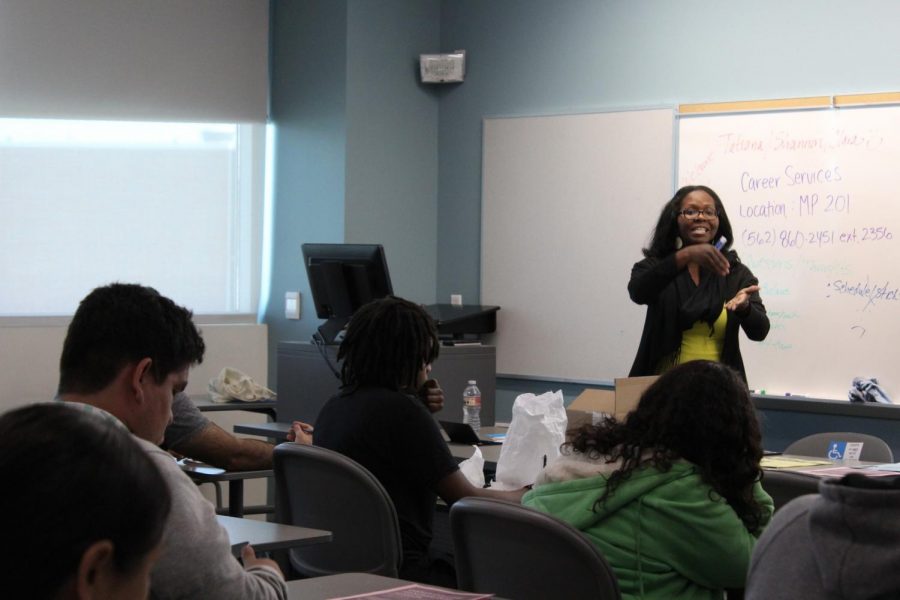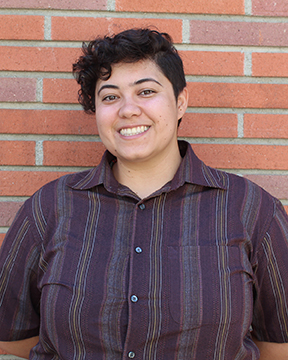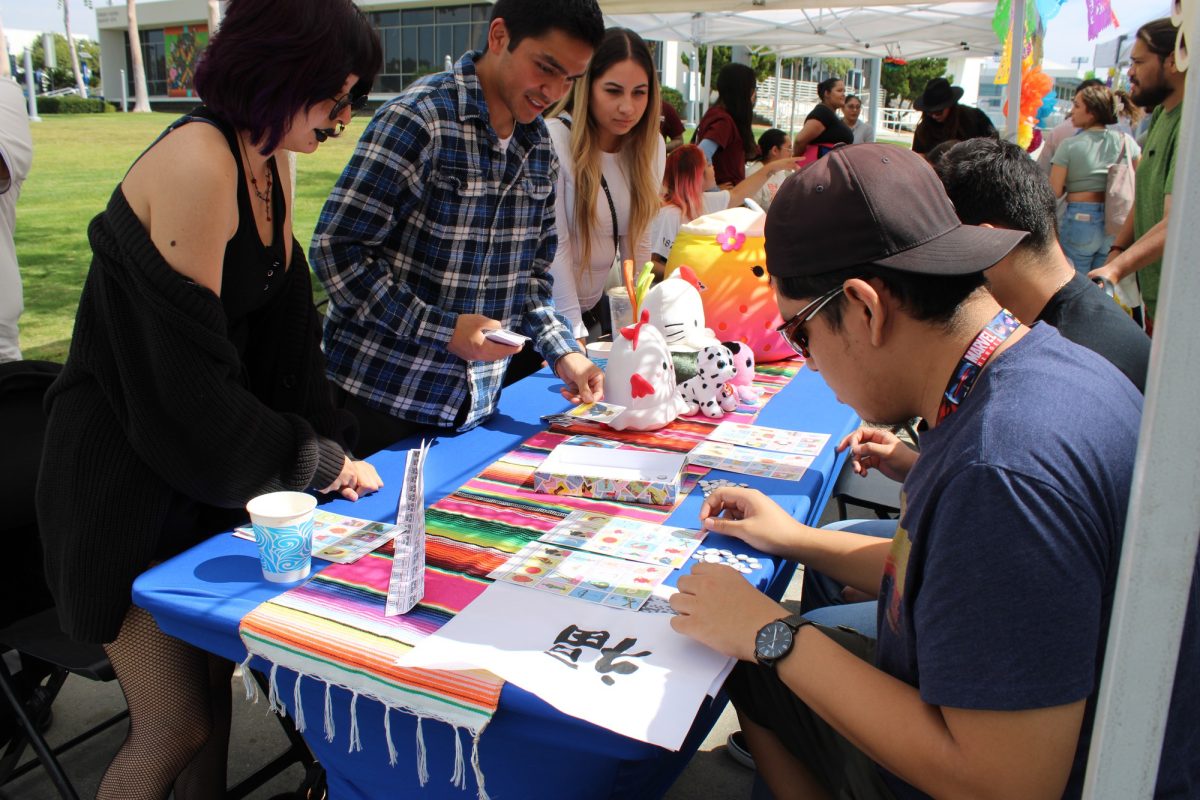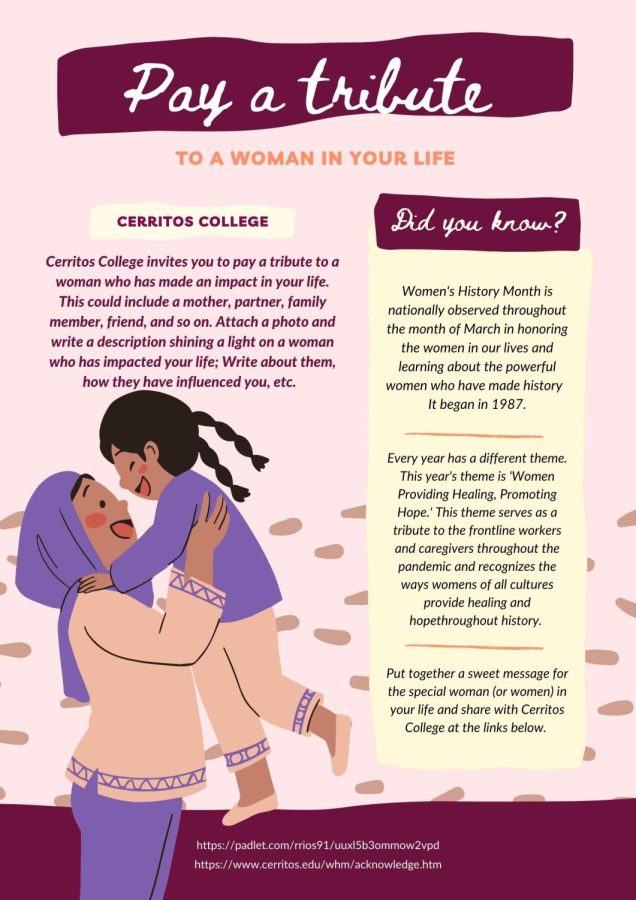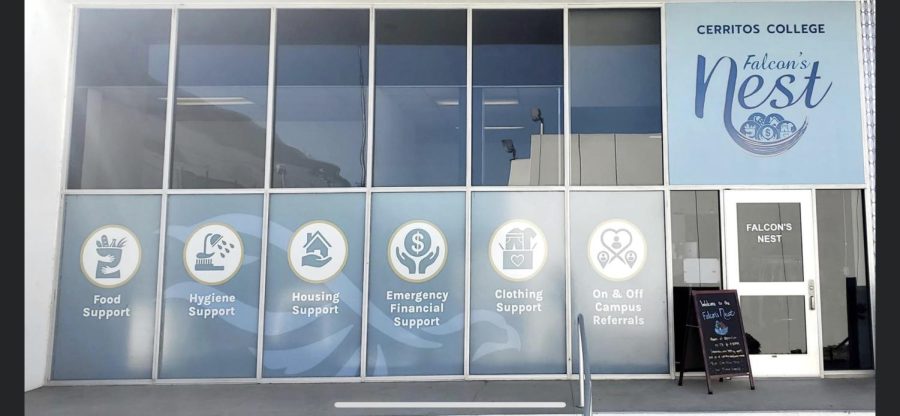Clara Ross, career academic counselor at Cerritos College, gave a presentation on Feb. 1 addressing struggles students face with time management and offered advice on how to balance responsibilities.
Before the workshop started, Maria Sanchez, medical assistance major, made it a point that attending was mandatory for a class and she would not attend, had it not been necessary.
Sanchez clarified that she has to care for her daughter in the mornings, “I have a lot of things to do and sometimes I can’t even accomplish all of them.”
Despite time management being a good topic, they should not be mandatory, Sanchez said.
Multiple students voiced their concerns and struggles, which included work and school balance, prioritizing tasks, finding time to study, time for family and maintaining a healthy lifestyle and habits in the process.
Ross stated even taking the time to get up, going to class and being present is a good start, but students might miss critical information by thinking about all the responsibilities they have to take care of.
In that case, Ross offered tips on how to focus and redirect attention as to not get caught up in procrastination.
These tips included paying attention to surrounding energies, discovering which times they are more productive and keeping track of tasks with a calendar or technology to make it more tangible and real.
The students were provided a Cerritos College calendar so they could practice writing down their responsibilities instead of keeping everything in their thoughts.
“There’s definitely times I feel like I can’t do it all,” Shannon Estrada, member of the Re-Entry Resource Program, said. “For me, I like to prep things early, so I usually use Sundays to, like, kind of just prep everything for the week.
“I try to cut down on the procrastination, although I’m always working on that,” Estrada laughed.
Attaching deadlines, but also giving enough room so that if it is not met, there is not much stress was another point made by Ross.
Although Ross stressed the importance of using time more effectively, she also mentioned building in free time so that students have something to look forward to after the work they accomplished.
When asked about communication between professors and students who have major responsibilities outside of class, Ross stated, “I think all professors are very sympathetic and they understand that many of our students are part time students, so less than 12 units.
“Because they are working, and working a significant number of hours and have families, and you know, even those who don’t have families, they have family commitments, I found that everyone is pretty understanding, as long as it’s communicated.”
She mentioned tools online for those who want things connected to their phones and computers and resources depending on what kind of learner a student is.
Also, making sure they find an effective tool, something that really helps pull it all together, not to keep it all in their head.
Learning to say “no” as to not stretch themselves too thin and being more intentional with what they are spending time on was a factor brought up by Ross, who made it clear that prioritizing their time will go a long way.


